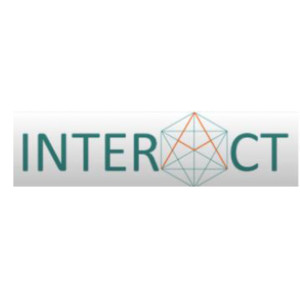 \
&
Contact us
\
&
Contact us
 \
&
Contact us
\
&
Contact us
Starts in 3 weeks from now
LocationFraunhoferstraße 5 64283 Darmstadt - Germany
This event will explore how biometrics is transforming border management, enhancing security efforts, and playing a crucial role in the fight against crime and terrorism. Key topics include the latest biometric technologies and their applications, sharing of successful case studies, and looking at future challenges and opportunities in the sector. Participants will have the chance to engage with industry experts and peers, fostering discussions on best practices and innovations in the use of biometrics.
Whether you are a border control officer, law enforcement agent, forensic expert, policymaker, or applied researcher or developer, this event may be a platform to connect, learn, and exchange.
For more details and to register, please visit the event page via this link.
This event is co-organised by the European Commission, under the Community for European Research and Innovation for Security (CERIS) and the EAB.
We offer news and event updates, covering all domains and topics of Horizon Europe, Digital Europe & EDF (and occasionally, for ongoing projects, Horizon 2020).
Stay informed about what matters to you.
By signing up, you can opt in for e-mail notifications and get access to
a personalised dashboard that groups all news updates and event announcements in your domain(s).
Only for stakeholders located in Flanders

Professor Inez Germeys leads the Center for Contextual Psychiatry at KU Leuven, which is a large multi-disciplinary research group focusing on the interaction between the person and the environment in the development of psychopathology. She has received a European Research Council (ERC) Consolidator grant (INTERACT) and Proof of Concept grant (IMPACT). With these grants professor Germeys and her team researched a new mobile self-management therapy for patients with a psychotic disorder. The Acceptance and Commitment Therapy in Daily Life (ACT-DL) was further developed for the clinical environment. In line with that the Horizon 2020 IMMERSE project aims to thoroughly evaluate strategies, processes, and outcomes of implementing a digital mobile mental health solution.